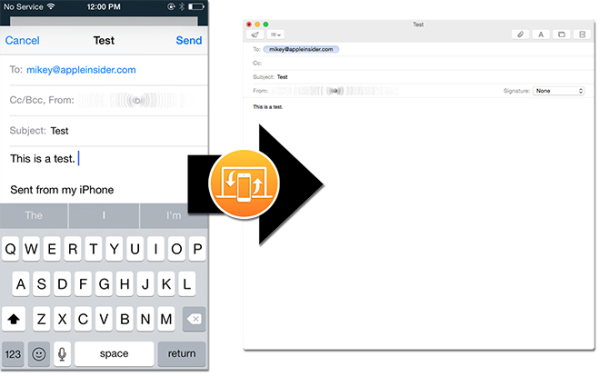You’ve likely heard something about net neutrality at some point in the past few weeks; if not, it is, simply, the concept that all Internet traffic should be treated equally, that no one entity, however large or small, should have more or less access to data transfer than another. This is so intrinsic to the way we expect the Internet to work that it’s difficult to imagine the opposite, an Internet in which data transfer speed – Internet speed – is bought into instead of de facto had. Imagine that a favorite site, ran by an entity of lesser, say, economic stature, is many times slower, takes many more seconds just to load than a site ran by an economically superior entity. Imagine that your favorite political blog, written by an intelligent, responsible person from their desk, has to match what Huffington Post pays to have their data load just as quickly. Of course, the favorite blogger could never compete with this buy-in “fast lane”, as it’s been called. This, a version of non-neutral net, is what the FCC’s new regulations would institute, and it’s going to dramatically change the way the Internet works. As Lawrence Lessig and Robert W. McChesney, co-founders of the media reform group Free Press, describe in their 2006 (yup, this has been around for a while) Washington Post article “No Tolls on the Internet”:
Without net neutrality, the Internet would start to look like cable TV. A handful of massive companies would control access and distribution of content, deciding what you get to see and how much it costs. Major industries such as health care, finance, retailing and gambling would face huge tariffs for fast, secure Internet use—all subject to discriminatory and exclusive deal making with telephone and cable giants.[1]
 In one our previous articles (Click here to know more), we introduced you to CryptoWall a malicious virus also known as ransomware, which “ransoms” and extorts money from innocent victims by forcing them to pay for a private key to decrypt the encrypted files on computers. Users of Windows 8, 7, Vista and XP can easily get infected with CryptoWall virus.
In one our previous articles (Click here to know more), we introduced you to CryptoWall a malicious virus also known as ransomware, which “ransoms” and extorts money from innocent victims by forcing them to pay for a private key to decrypt the encrypted files on computers. Users of Windows 8, 7, Vista and XP can easily get infected with CryptoWall virus.
 In my previous blog entry, I introduced to you to SkyDrive and SkyDrive for Business, and I tried to illustrate the principle differences between them. I also highlighted how OneDrive for Business allows for more flexibility in what we can do thanks to SharePoint, which is the platform behind it. At this point, I believe that it is only fair to dedicate the present article to learn more about SharePoint and the advantages it can provide.
In my previous blog entry, I introduced to you to SkyDrive and SkyDrive for Business, and I tried to illustrate the principle differences between them. I also highlighted how OneDrive for Business allows for more flexibility in what we can do thanks to SharePoint, which is the platform behind it. At this point, I believe that it is only fair to dedicate the present article to learn more about SharePoint and the advantages it can provide. An
An 